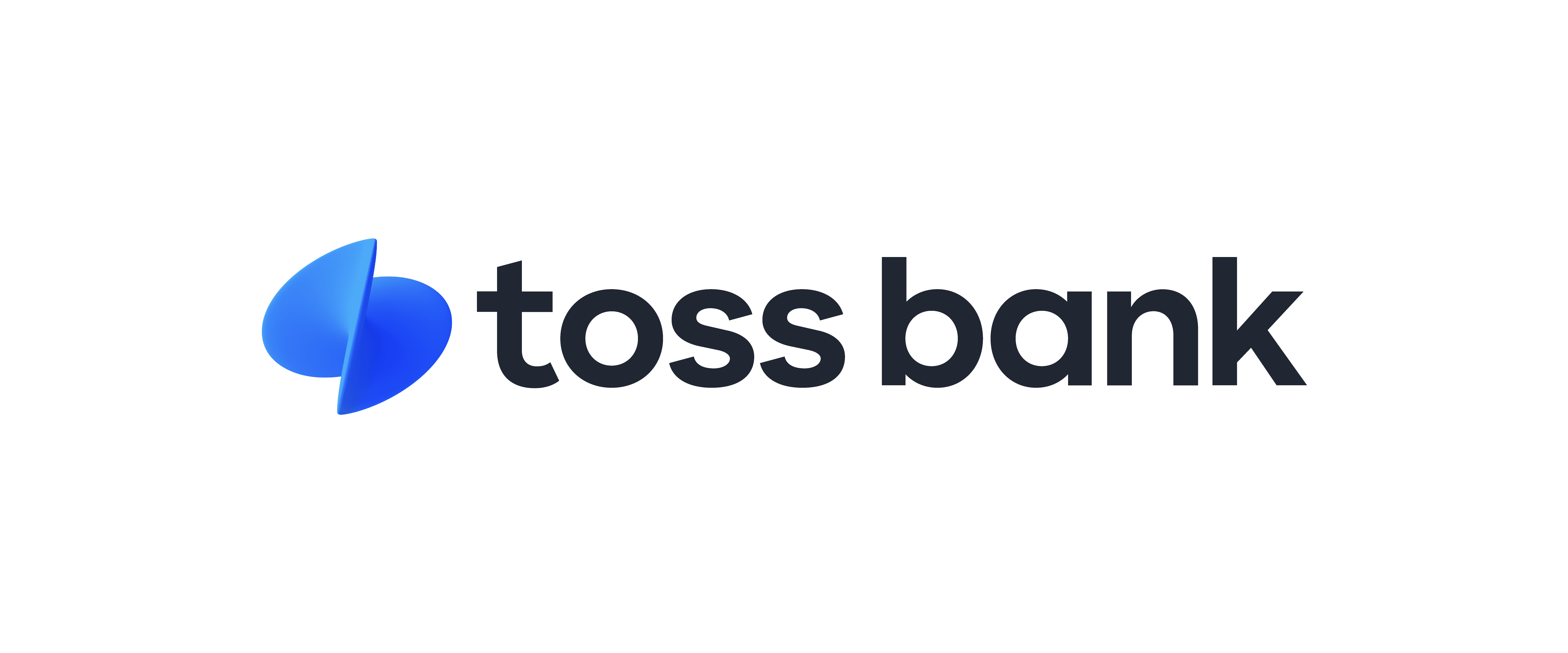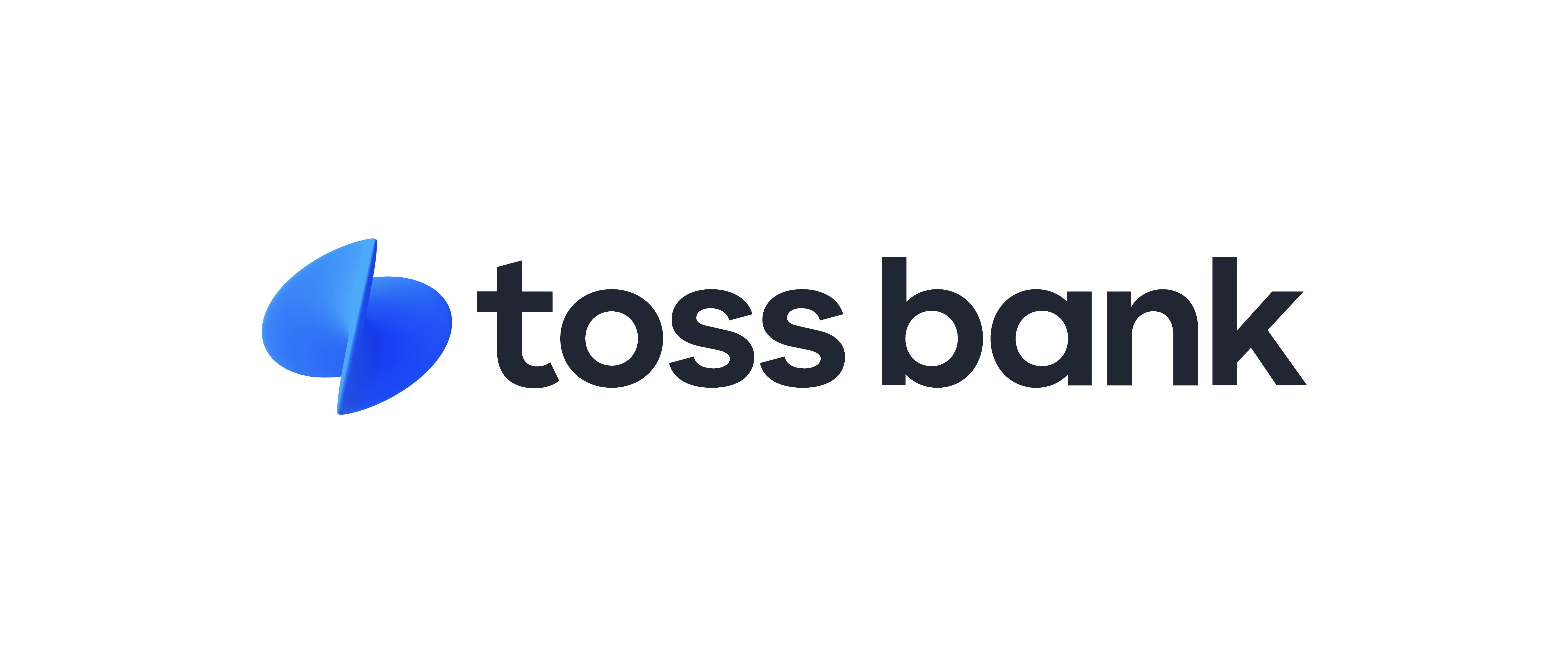

tossbank

Seoul, South Korea
December 2023
Deposit bank - Developed Markets
Service with Minor Environmental Footprint
South Korea
Toss Bank is a digital bank based in South Korea. Toss Bank strives for a bank that provides "inclusive and innovative banking services". The bank is one of the most inclusive financial service providers in Korea. It provides tailored loans for mid-credit borrowers and small business owners, who are often neglected from the mainstream banking industry. Toss Bank also operates a "Safe Compensation Scheme" that compensates customers affected by financial fraud crimes such as voice phishing and identity theft. Toss Bank is the first and only bank in Korea to introduce this policy, leading the charge in addressing these issues. The bank actively looks into the blind spots of existing finance, breaking new ground as part of its innovations. In December 2023, Toss Bank announced its social contribution brand "with Toss Bank." The bank's first social project focuses on improving the working environment for youths and supporting the stability of their financial lives through an easy-to-use employment contract service. The project sets the foundations for fair labor conditions, which are vital for the economic activities of future generations. By offering services that lead innovation and inclusiveness in the market, Toss Bank is driving social change.
Overall B Impact Score
Governance 14.2
Governance evaluates a company's overall mission, engagement around its social/environmental impact, ethics, and transparency. This section also evaluates the ability of a company to protect their mission and formally consider stakeholders in decision making through their corporate structure (e.g. benefit corporation) or corporate governing documents.
What is this? A company with an Impact Business Model is intentionally designed to create a specific positive outcome for one of its stakeholders - such as workers, community, environment, or customers.
Workers 31.2
Workers evaluates a company’s contributions to its employees’ financial security, health & safety, wellness, career development, and engagement & satisfaction. In addition, this section recognizes business models designed to benefit workers, such as companies that are at least 40% owned by non-executive employees and those that have workforce development programs to support individuals with barriers to employment.
Community 10.1
Community evaluates a company’s engagement with and impact on the communities in which it operates, hires from, and sources from. Topics include diversity, equity & inclusion, economic impact, civic engagement, charitable giving, and supply chain management. In addition, this section recognizes business models that are designed to address specific community-oriented problems, such as poverty alleviation through fair trade sourcing or distribution via microenterprises, producer cooperative models, locally focused economic development, and formal charitable giving commitments.
Environment 2.6
Environment evaluates a company’s overall environmental management practices as well as its impact on the air, climate, water, land, and biodiversity. This includes the direct impact of a company’s operations and, when applicable its supply chain and distribution channels. This section also recognizes companies with environmentally innovative production processes and those that sell products or services that have a positive environmental impact. Some examples might include products and services that create renewable energy, reduce consumption or waste, conserve land or wildlife, provide less toxic alternatives to the market, or educate people about environmental problems.
What is this? A company with an Impact Business Model is intentionally designed to create a specific positive outcome for one of its stakeholders - such as workers, community, environment, or customers.
Customers 37.3
Customers evaluates a company’s stewardship of its customers through the quality of its products and services, ethical marketing, data privacy and security, and feedback channels. In addition, this section recognizes products or services that are designed to address a particular social problem for or through its customers, such as health or educational products, arts & media products, serving underserved customers/clients, and services that improve the social impact of other businesses or organizations.
What is this? A company with an Impact Business Model is intentionally designed to create a specific positive outcome for one of its stakeholders - such as workers, community, environment, or customers.